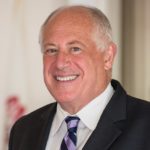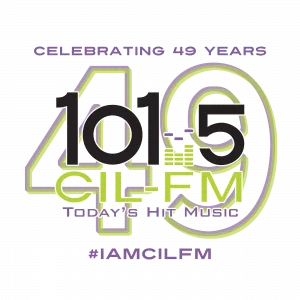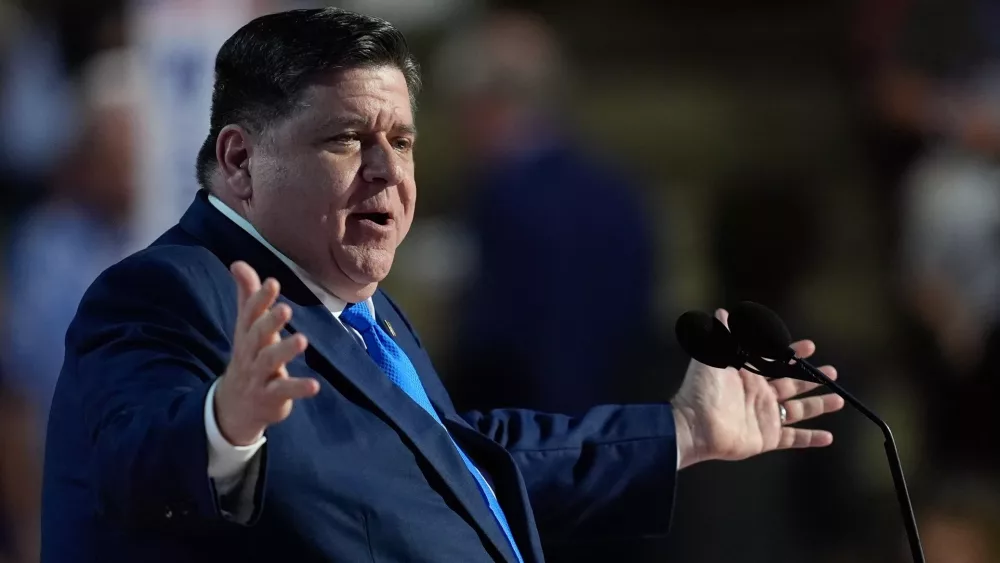By GREG BISHOP
Illinois Radio Network
CHICAGO, Ill. (IRN) — Former Illinois Gov. Pat Quinn continues to push for voters to approve a non-binding question on the Nov. 5 ballot to bring about a “millionaire surcharge.”
Illinoisans pay the second highest property taxes in the United States, according to multiple nationwide surveys. The total amount paid annually by Illinois property tax payers is $23.2 billion, according to Quinn.
With early voting ongoing, one of the advisory questions voters are being asked is whether those making more than $1 million should be taxed an additional 3% to pay for a fund for property tax relief.

“The unfortunate thing is there’s no money in the property tax relief trust fund,” Quinn told reporters at a news conference in Springfield on Wednesday. “It has never been appropriated any money to give out these annual rebates.”
Critics of the proposal say it would harm small- and medium-sized businesses. State Rep. Martin McLaughlin, R-Barrington Hills, said it would create “business deserts” in Illinois.
“It’ll be another example of how the super-majority doesn’t understand what’s necessary for entrepreneurs to thrive in Illinois,” he told The Center Square. “My Democrat friends create all kinds of deserts through bad policy. If we create this policy, it’ll create small business and mid-size business deserts. We need climate change; we need to change the business climate in Illinois.”
Quinn said he saw McLaughlin’s comment.
“I don’t think we have to worry about deserts for millionaires,” he said. “I think we have to worry about is everyday people who can’t afford to pay their property tax bill losing their home.”
Quinn produced data showing of more than 3 million households, more than 77,000 are millionaires he said would be able to better pay such a surcharge.
The advisory question would send a message to legislators, Quinn said, and is different from the
failed progressive income tax question from 2020.
“I think any amendment should include $1 million as the benchmark for where that surcharge would take place and I also think it should mandate what’s already in law the property tax relief fund,” Quinn said.
Quinn acknowledged the measure is non binding but if approved could provide guidance to the General Assembly to craft a new constitutional amendment that could be voted on in two years.
As to the fund, Quinn said if such a measure was approved, there could be $4.5 billion for the fund.
“But that money is going to be used not for government spending on different things but rather to give rebates back to the property tax payers of our state,” he said.
The two other advisory questions on the Nov. 5 ballot deal with IVF treatments and election worker security. Early voting is underway.











